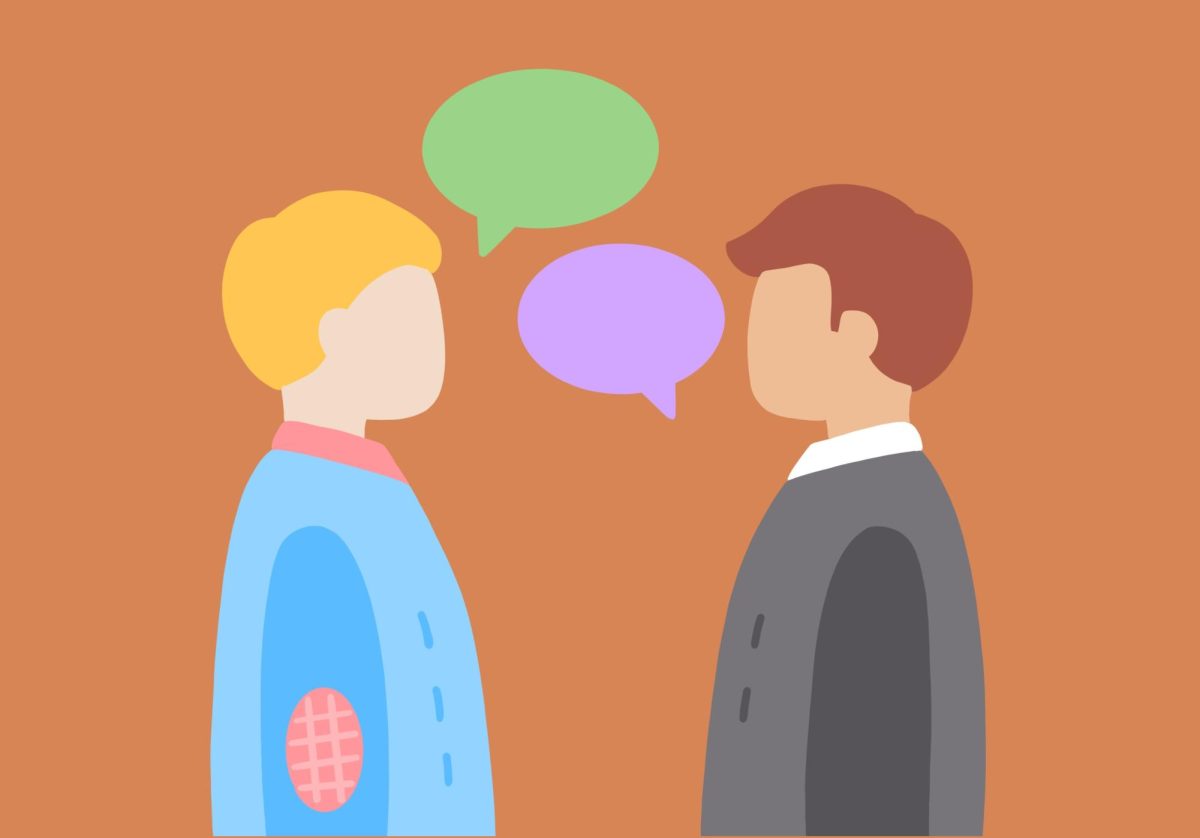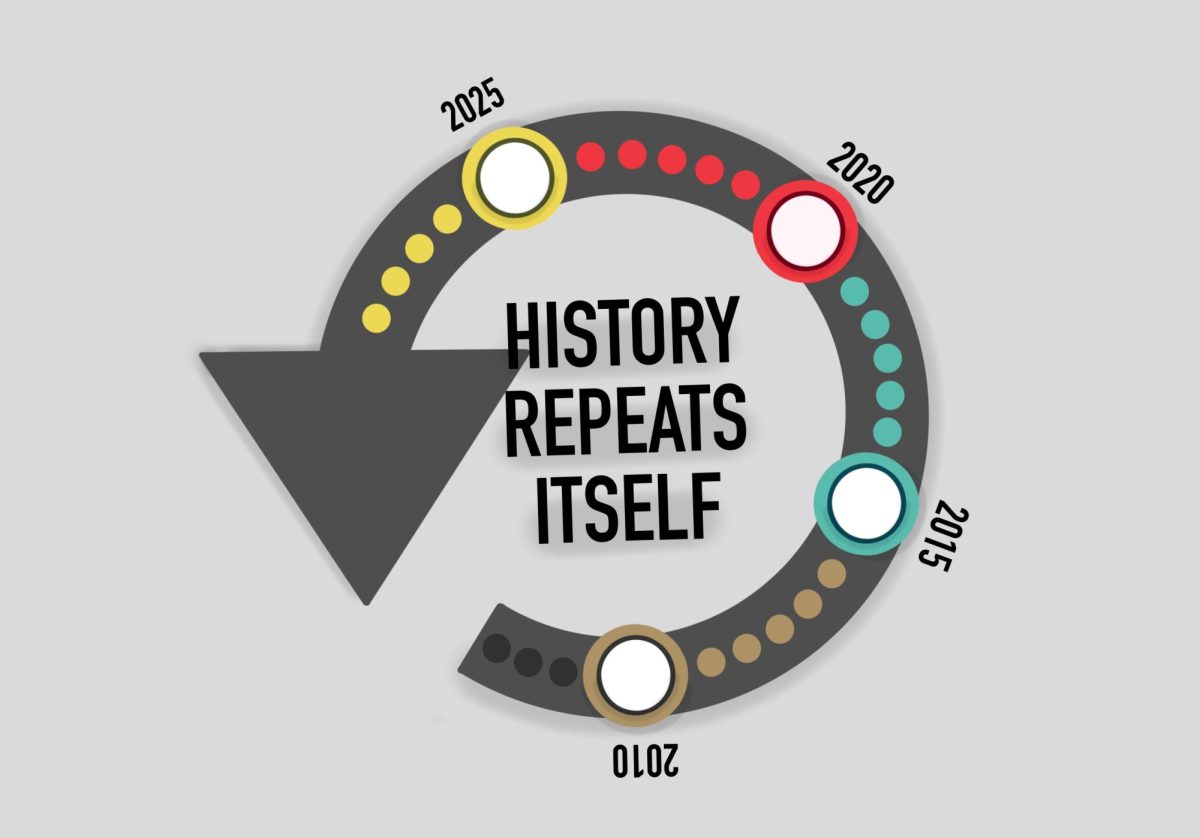Politics are becoming increasingly detached from ordinary peoples’ lives.
As a college student, watching the Democratic debates for the 2020 presidential election last week, I felt a little hopeless. At times, these dialogues didn’t seem to address the real issues University of Minnesota students are facing on a day-to-day basis.
College students are largely justified in feeling hopeless and detached from politics. For decades politicians have made promises, but those at the bottom of the socioeconomic ladder have rarely reaped the benefits.
Is there any point anymore in fighting for political causes if nothing ever seems to get fixed?
But during this election cycle, there is something worth fighting for. In my view, it seems that now more than ever, there are policies on the table that would genuinely improve the lives of all Americans — especially college students. And their effect is even more significant than you might think.
When I talk to fellow college students about the issues they’re facing, they don’t usually bring up issues like Russia’s interference in our election. Instead, they talk about the burden of their impending student debt. They talk about the mental health issues they’re facing. They talk about how their healthcare is unaffordable, forcing them to pass up doctor’s visits and therapy sessions to cut costs.
What they might not realize is just how different their lives would be — and how many of these problems would be solved — if Medicare For All and free college were implemented.
Under a Medicare For All system, students would never have to weigh their own physical health against saving money. Instead of skipping doctor’s visits due to the costs — something that 44 percent of Americans do each year, according to a 2018 Forbes article — students would visit hospitals or clinics free of charge, without worrying about deductibles, co-pays or medical debt. This would greatly improve physical health for students.
Students would also have more money in their pockets. Under Bernie Sanders’ Medicare For All plan, you would indeed pay more in taxes through an additional 2.2 percent income tax. However, this would be outweighed by the savings you’d receive from not having to pay for healthcare.
A student, for instance, who makes $10,000 in income and pays $2,000 per year for medical expenses would save approximately $2,000 every year under Sanders’ Medicare For All plan. That’s an extra $2,000 in your pocketbook that can be spent on food, housing, social outings with friends, or anything else.
Perhaps one of the most important impacts of Medicare For All, however, is its effect on student mental health.
According to the College Student Health Survey, about 32 percent of University of Minnesota students are diagnosed with anxiety and 27 percent are diagnosed with depression. Under a Medicare For All system, students would be able to receive mental health treatment without paying a dime. There are few better ways to reduce stress and improve academic success on campus than to provide free mental health treatment to all students.
Free college would inevitably improve student life as well. In the College Student Health Survey, nearly 11 percent of students cited “excessive debt other than credit card [debt]” as a mental health stressor. By eliminating college tuition, we can alleviate this anxiety and improve the standard of living for University students.
As we watch the ongoing Democratic debates and think about the upcoming election, we need to remember that Medicare For All and free college aren’t just esoteric policies. They have real-world effects that can genuinely improve mental health, happiness, and well-being for students and citizens of the U.S. alike.
Medicare For All and free college aren’t just policies — they’re antidepressants, stress relievers, life-saving treatments, and earning a huge bonus from work wrapped up in one. And that is something that’s worth fighting for.








